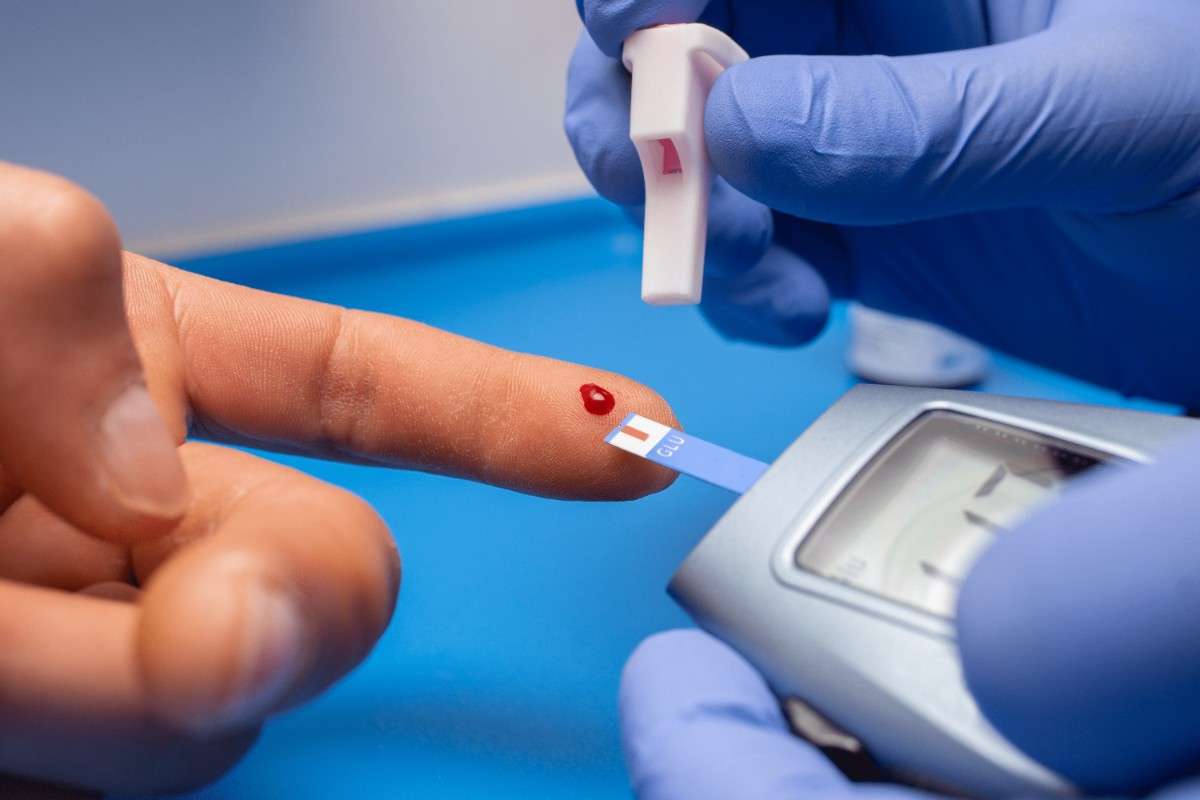Importance of Diabetic Follow-up – Monitoring & Management
Diabetes is a chronic condition that requires regular monitoring to prevent complications and maintain good health. Diabetic follow-up tests are essential to track blood sugar levels, assess treatment effectiveness, and identify early signs of complications affecting the kidneys, eyes, nerves, and heart.
Why is Diabetic Follow-up Important?
Consistent monitoring helps patients and doctors understand how well diabetes is being controlled. It also provides crucial insights into how lifestyle, diet, and medications are impacting overall health. Timely follow-up prevents long-term complications such as kidney failure, nerve damage, cardiovascular disease, and vision loss.
Key Tests in a Diabetic Follow-up
- Fasting & Postprandial Blood Sugar: Measures glucose control before and after meals.
- HbA1c Test: Reflects average blood sugar over the past 2–3 months.
- Kidney Function Tests: Evaluates creatinine and urine protein levels to check for diabetic nephropathy.
- Lipid Profile: Assesses cholesterol and triglycerides to prevent heart disease.
- Eye & Nerve Screening: Detects diabetic retinopathy and neuropathy at an early stage.
How Often Should Tests Be Done?
Most diabetics are advised to have blood sugar checked every 3 months, HbA1c twice a year (or more if control is poor), and kidney and lipid profiles annually. Eye and nerve screenings are generally recommended once every year.
Conclusion
Regular diabetic follow-up is the key to managing diabetes effectively and avoiding complications. At Alpha Labs Madurai, we provide comprehensive diabetic care packages that include essential monitoring tests, ensuring patients stay on track with their health and treatment goals.

